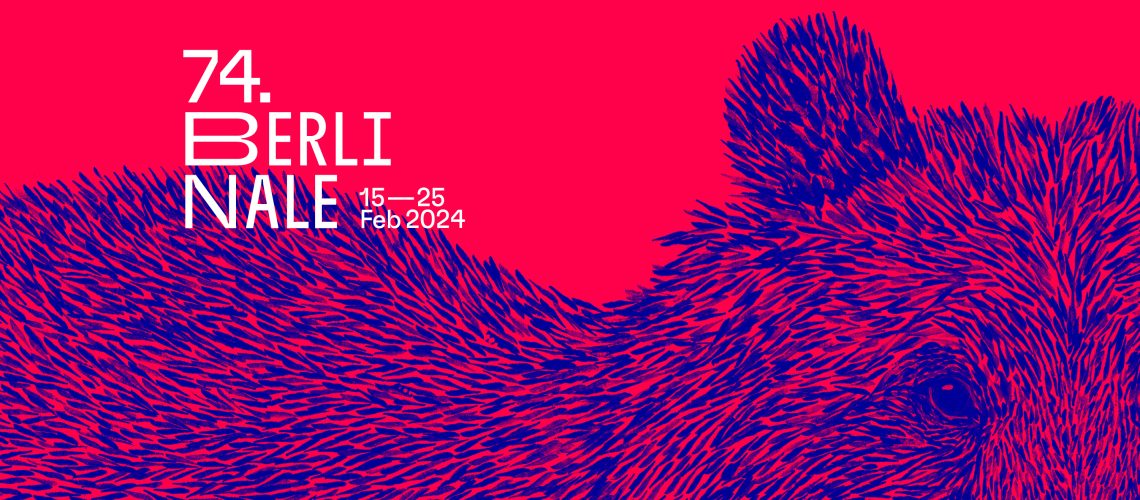2008 seen through the eyes of Alejo Franzetti, member of the preselection team of Berlinale Shorts:
A philosophical toy store*
Thinking about rectangular comparisons, it has been justly said that cinema is a window to the world. For certain films, the screen is another kind of rectangle, a mirror, used to reflect our desires or fears. And for some films, the screen is simply what it is – a big rectangle shining in the darkness of the theatre.
When the 12 minutes of Blake Williams’ film “2008” end, the screen is still shining in our minds. We remember the cherry blossoms, we remember the radiant colour fields. “What have I just seen?”, we may ask ourselves. Or, as the desperate parents ask the child who went playing outside and came back home late: “Where have you been?”
It is not easy to answer these questions; we have to find words. We may think about music, how music works. We may pronounce, almost instinctively, the word “nostalgia”, that strange mixture of pleasure and sadness that we sometimes experience when we recall the past.
2008: it was around that year that new monitor technologies such as plasma and LCD replaced the traditional cathode-ray tube televisions, which were subsequently no longer produced or sold. A television: a vacuum tube. The place where we used to throw our trivial or intimate images, converting our memories into electrons, projecting our emotions onto a phosphorescent screen.
The history of the moving image is also the history of its technical developments, making the optical illusions evolve into more movement, more sound, more colour, more depth. Rather than discarding the obsolete technology, Blake Williams seems to be interested in exactly the opposite: it is in the accumulation, not only of the images themselves but also of formats, and therefore their textures and formal subtleties, where cinema finds its potential. The formats are used by Williams as a possibility of expression, he’s not interested in them for their mere novelty value or for any technological fetishism.
In „2008“, stereoscopic images collide with the modulated electrons in the phosphorescent screen of the (already old) television. With small procedures and a peaceful rhythm, Williams creates an emotional movement. The colours explode, the lines move intermittently and our brain tries to order, to interpret. Is a film to be seen, heard or felt?
But perhaps this is not a film but a song. A song that is projected in the darkness of the cinema. Its synopsis offers us a stereoscopic aubade that ponders the distance of the recent past, illusions of unity and the comforts of companionship.
Aubade: a love poem or song welcoming or lamenting the arrival of the dawn.
* The title is from the book “Una juguetería filosófica” by David Oubiña (2009, Ed. Manantial, Buenos Aires).

*************
Alejo Franzetti is an Argentinean director based in Berlin. He is both a member of the selection committees of Berlinale Shorts and Kurzfilmfestival Hamburg.

